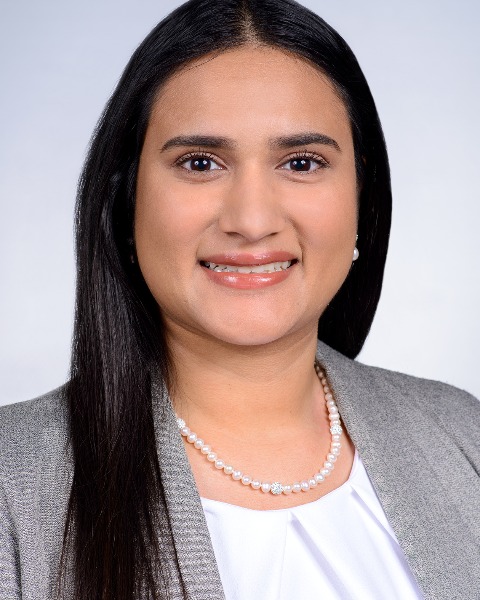Medical Education: Medical Student
Medical Education 12: Student 2
566 - Implementation of a Medical Student Food Insecurity Curriculum Using a Pediatric Emergency Department Food Pantry
Publication Number: 566.326

Amber Hussain, MD (she/her/hers)
Resident Physician (PGY-3)
Norton Children’s Hospital
Louisville, Kentucky, United States
Presenting Author(s)
Background: Food insecurity (FI) is associated with many negative health effects. There is lack of knowledge and comfort amongst providers discussing FI with families and limited research on incorporating it into medical education.
Objective: Our objective is to assess the knowledge and comfort level of medical students in discussing FI after completion of a novel curriculum.
Design/Methods: A curriculum was designed that included an orientation, simulation, community experiences, journal clubs, online modules, and the opportunity to volunteer in our pediatric emergency department (ED) food pantry offering food to families. The study was conducted from September 2021-September 2022. A post-experience survey developed by the study team was distributed to participants. Number of families approached in the ED was tracked. Descriptive statistics and proportions were used to describe survey results.
Results:
Out of the initial cohort of 13 students, 8 met the curriculum requirements and completed the post-experience survey.
Of these, 88% were female, identified as white and non-Hispanic, and in their third year of medical school training. One student responded “Yes” to questions pertaining to personal history of FI.
When asked about comfort level discussing FI and available resources, 100% of participants reported feeling somewhat or very comfortable and 100% of participants agreed or strongly agreed it is a physician’s role to discuss FI and offer resources to families.
Themes for barriers to discussing FI included time constraints, language barriers, and concern about offending families. 88% of participants agreed or strongly agreed that the curriculum changed perceptions on their role in asking about FI. All participants agreed or strongly agreed that they feel more comfortable and have a responsibility to discuss FI.
All participants reported benefitting from volunteering, increased comfort discussing resources and more awareness of FI in the community. When asked about how they would change patient care, students identified the importance of taking a thorough social history and offering resources. All participants were able to identify 3 FI resources and 2 negative health outcomes associated with FI. The cohort approached 445 families in the ED during the study period.
Conclusion(s): This curriculum was well-received by participants. They demonstrated knowledge about FI and self-reported increased comfort talking to families about FI. This activity shows promise for medical student education, and further studies preparing physicians to effectively address social determinants of health may be warranted.
